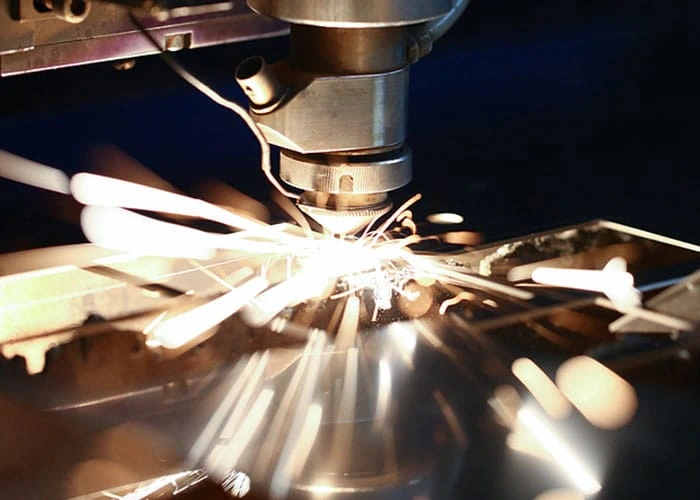Tolerance Matters: A Basic of Precision Custom Machining
In the realm of custom machining for your Kokomo area business, the pursuit of perfection is an unending journey. At H&R Industrial, we understand that achieving precise measurements is not just a goal but a necessity. That’s where the concept of tolerance comes in. Why is it important? Here’s a crash course on the basics of tolerance in precision engineering.

Understanding Tolerance
Tolerance in custom machining refers to the allowable deviation from a specified dimension or measurement. It ensures that the final product’s dimensions are within an acceptable range, even though the machining process may not achieve perfection. Tolerances are typically denoted in units like micrometers (µm) or inches (in), and the measurement is crucial in maintaining product functionality and compatibility.
Types of Tolerances
Crafting high-precision tolerance parts, tools, and sub-assemblies is our expertise. Here are a few different types of tolerances.
Unilateral Tolerance
In this type, the allowable deviation is permitted only in one direction from the target dimension. For example, this is common in scenarios where a tight fit or alignment is critical.
Bilateral Tolerance
Bilateral tolerance allows deviation in both directions from the target dimension. This is suitable when the part’s functional requirements do not depend on the direction of variation.
Limit Tolerance
In limit tolerance, the acceptable range is defined by two specific values – the maximum and minimum dimensions allowed. This ensures strict control over product specifications.
Standard Machining Tolerance
Standard tolerances are widely used for general machining applications. These are predetermined, widely accepted values suitable for common manufacturing processes.
Material Influence on Tolerances
Different materials have unique properties, and these variations influence machining tolerances. For instance, metals tend to achieve lower tolerances due to their malleability and ability to withstand more significant forces during machining. On the other hand, delicate materials like ceramics or composites may not achieve tighter tolerances and maintain structural integrity.
Precision Reflects Skill
The precision of tolerances reflects the expertise and skill level of the machining process. Our experienced technicians use advanced machinery and specialized tools to achieve tighter tolerances. As a custom machining partner, we have a track record of achieving high precision that’s vital to ensure the quality and reliability of products.
Measuring tolerance allows for creating intricate and accurate parts that meet the most stringent requirements. In short, with decades of experience in the Kokomo area, H&R Industrial has proven over and over again that tolerance and precision is a hallmark of craftsmanship. Call us at (765) 868-8408 or contact us online today. Trust us to be your precision engineering partner, so together, we can create extraordinary products that shape the future of your industry.
